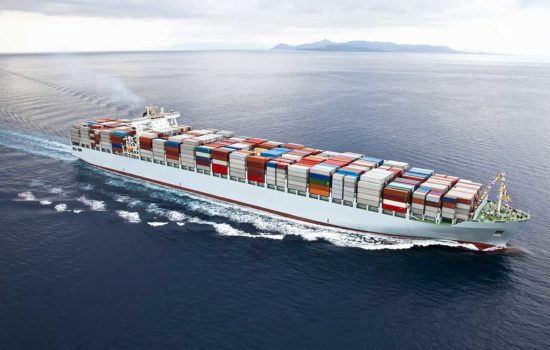
Geneva Network statement on UN High Level Panel on Access to Medicines
The UN High Level Report on Access to medicines threatens the nascent boom in biopharmaceutical…
Philip founded Geneva Network in 2015. His main research interests are the intersection of intellectual property, trade, and health policy. Formerly he was an official at the World Intellectual Property Organization (WIPO) in Geneva, where he worked in its Global Challenges Division on a range of IP and health issues. Prior to his time with WIPO, Philip worked as director of policy for International Policy Network, a UK-based think tank, as well as holding research positions with the Adam Smith Institute and Reform, both in London. He has also worked as a political risk consultant and a management consultant. He is a regular columnist in a wide range of international newspapers and has published a number of academic studies. He holds degrees from the London School of Economics and Durham University (UK). He is also a Senior Fellow at the Institute for Democracy and Economic Affairs, Malaysia.

The UN High Level Report on Access to medicines threatens the nascent boom in biopharmaceutical…

China and South Korea’s attempt to protect domestic industries is rooted in the faulty economic logic of the past. Domestic high-tech sectors are unlikely to develop if they are shielded from international trade and competition behind tariff walls.

For Indonesia to join the ranks of high-income countries in the longer term it needs to start building a knowledge economy. Indonesia’s new patent law is a step in the wrong direction.

By turning back the clock on intellectual property, the U.N. would cut off developing countries from innovation.

Colombia’s compulsory license for a cancer medicine puts at risk its hard earned reputation as a safe country for foreign investment.

Canadian courts have turned patent utility requirements into a test of an inventor’s ability to predict the future.

Kenya’s small businesses are sitting on a rich pipeline of technology, brands and other knowledge assets that could thrive internationally if they are able to exploit their intellectual property.

India needs to address the regulatory and legal roadblocks that are holding back biotech innovation

To kick start its flagging economic growth, Turkey needs to embrace free trade and reject protectionist “localisation” policies